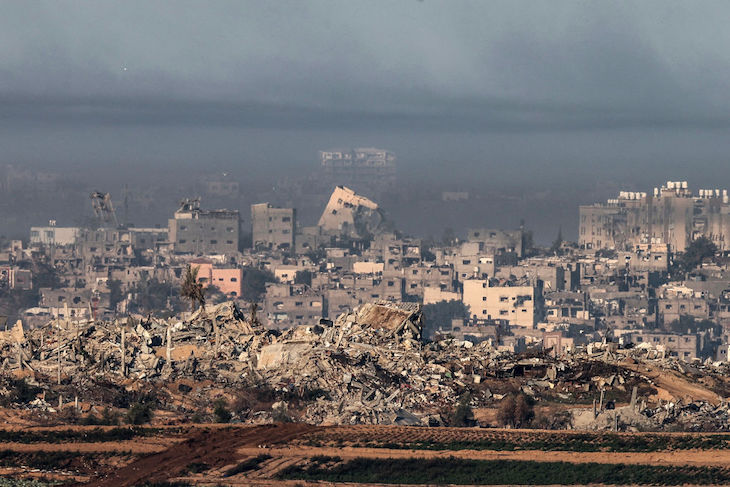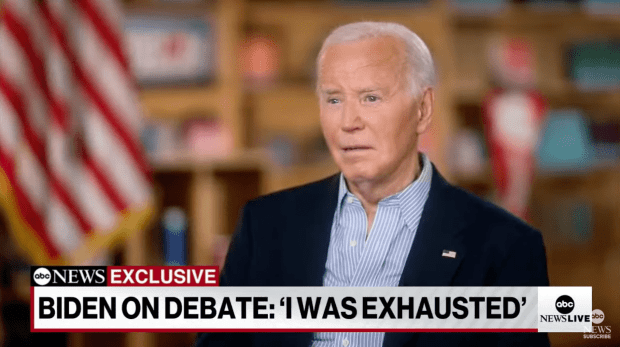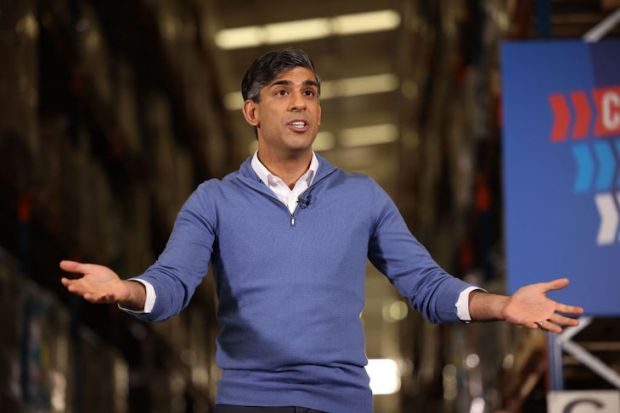Hamas’s refusal to negotiate the return of the remaining women still in captivity and an early morning missile attack on Israel brought the ceasefire to an abrupt end on Friday. The Israeli government would have continued to put up with minor infractions by Hamas, and carried on with the deal, despite their repeated violations.
Already a subscriber? Log in
Subscribe for just $2 a week
Try a month of The Spectator Australia absolutely free and without commitment. Not only that but – if you choose to continue – you’ll pay just $2 a week for your first year.
- Unlimited access to spectator.com.au and app
- The weekly edition on the Spectator Australia app
- Spectator podcasts and newsletters
- Full access to spectator.co.uk
Or




















Comments
Don't miss out
Join the conversation with other Spectator Australia readers. Subscribe to leave a comment.
SUBSCRIBEAlready a subscriber? Log in